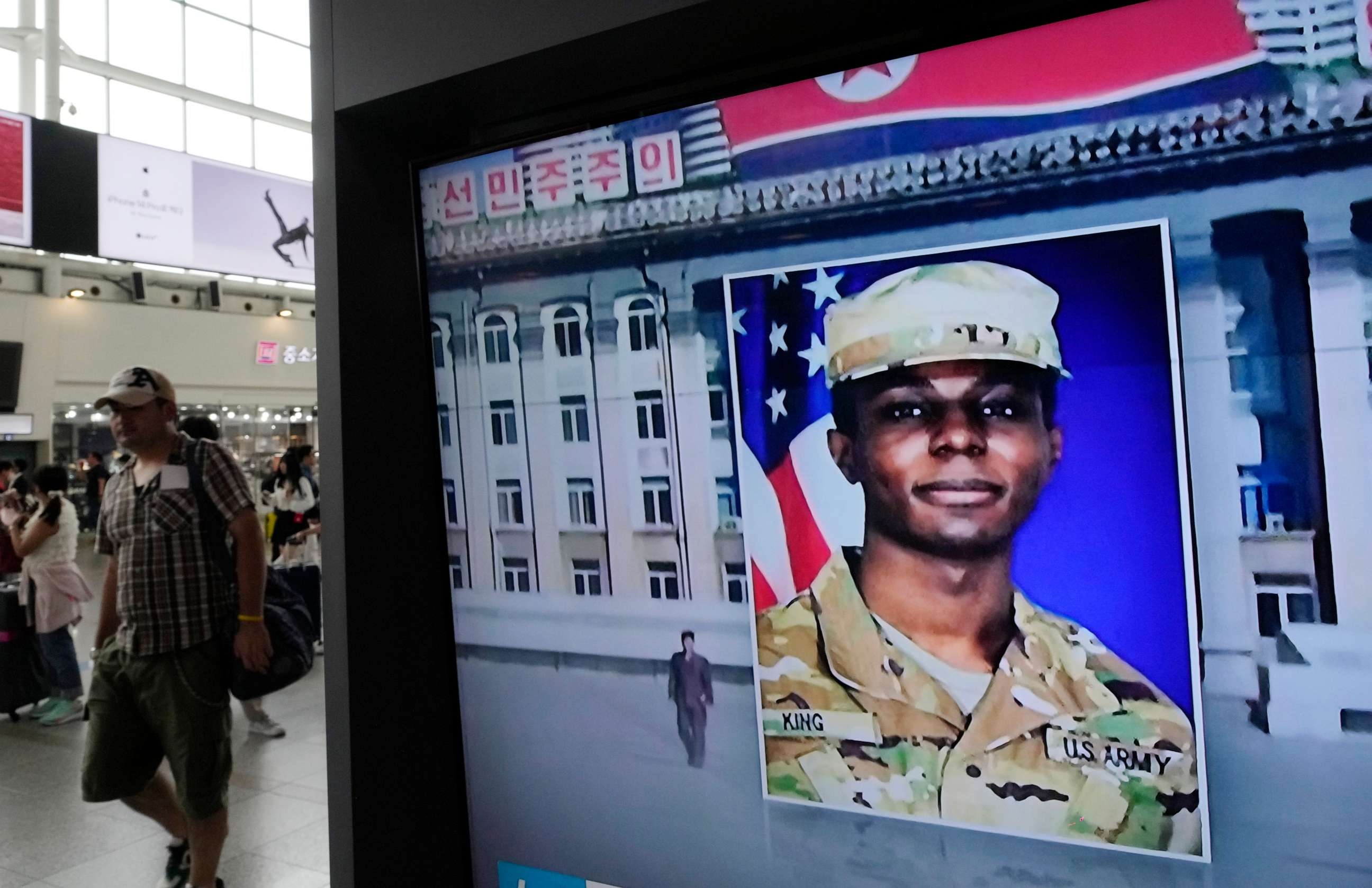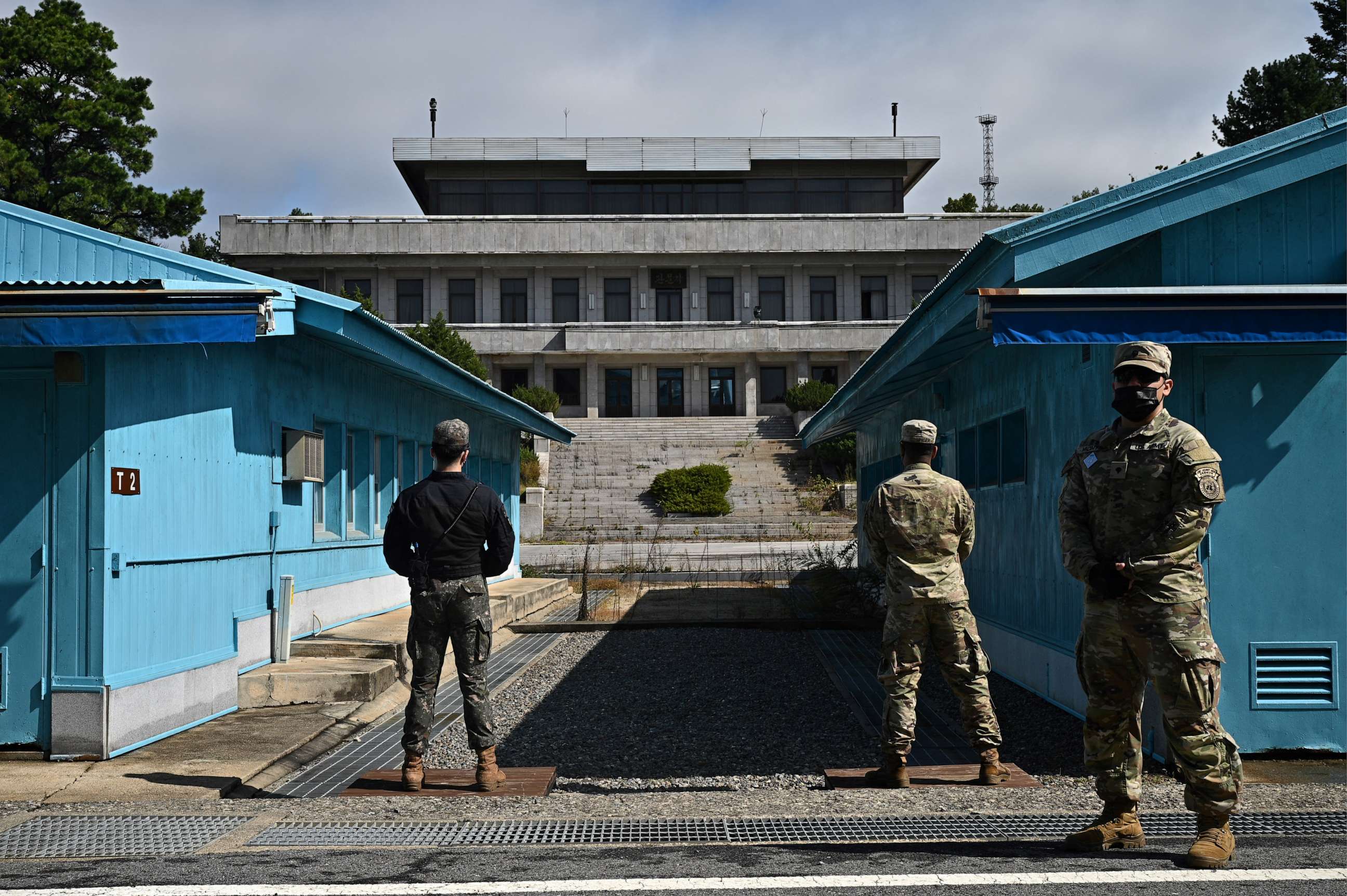Travis King, Army soldier who ran into North Korea, pleads guilty
Travis King, the U.S. Army private who ran across the border from South Korea to North Korea last year, pleaded guilty on Friday at a general court-martial hearing in Fort Bliss, Texas.
As part of a plea deal, King pleaded guilty to five charges under the Uniform Code of Military Justice (UCMJ) including desertion, and the presiding judge agreed to the government's request to dismiss the remaining nine charges.
After accepting the plea deal, the judge sentenced King to one year of confinement, however, because of the time he has already served in pre-trial confinement and credit for good behavior, King is free.
"Travis explained his actions, answered the judge's questions about his decision to plead guilty, and accepted responsibility for his actions," said King's attorney Franklin Rosenblatt.
"He has accepted responsibility during today's court martial - but make no mistake, the negative public perception and the ongoing consequences of his actions, coupled with the confinement he's endured, represents an ongoing punishment Travis King will endure for the rest of his life," Rosenblatt said.

The plea deal was first disclosed by Rosenblatt in August after initial discussions with prosecutors began in July.
At the time, a spokesperson for the Office of Special Trial Counsel confirmed to ABC News that if King's guilty plea was accepted by the presiding judge, he would be sentenced pursuant to the terms of the plea agreement.
In July 2023, King crossed into North Korea, triggering an international incident when he was held by North Korean authorities for more than two months after he dashed into North Korea at the Joint Security Area at the Demilitarized Zone between North Korea and South Korea.
Prior to joining the tour group that brought him to the DMZ King had escaped from his Army escort at the airport where he was to have boarded a flight to the United States after having just been released by South Korean authorities following his detention on assault charges.

Upon his release in September, King returned to the United States where he was immediately placed in a military reintegration program at the Brooke Army Medical Center that is offered to American civilians and military personnel who have been detained overseas as hostages or involuntarily.
During his stay the Army declined to comment on whether King might face disciplinary action, saying their priority was his physical and mental well-being.
But in October, military prosecutors filed eight criminal charges against King.




